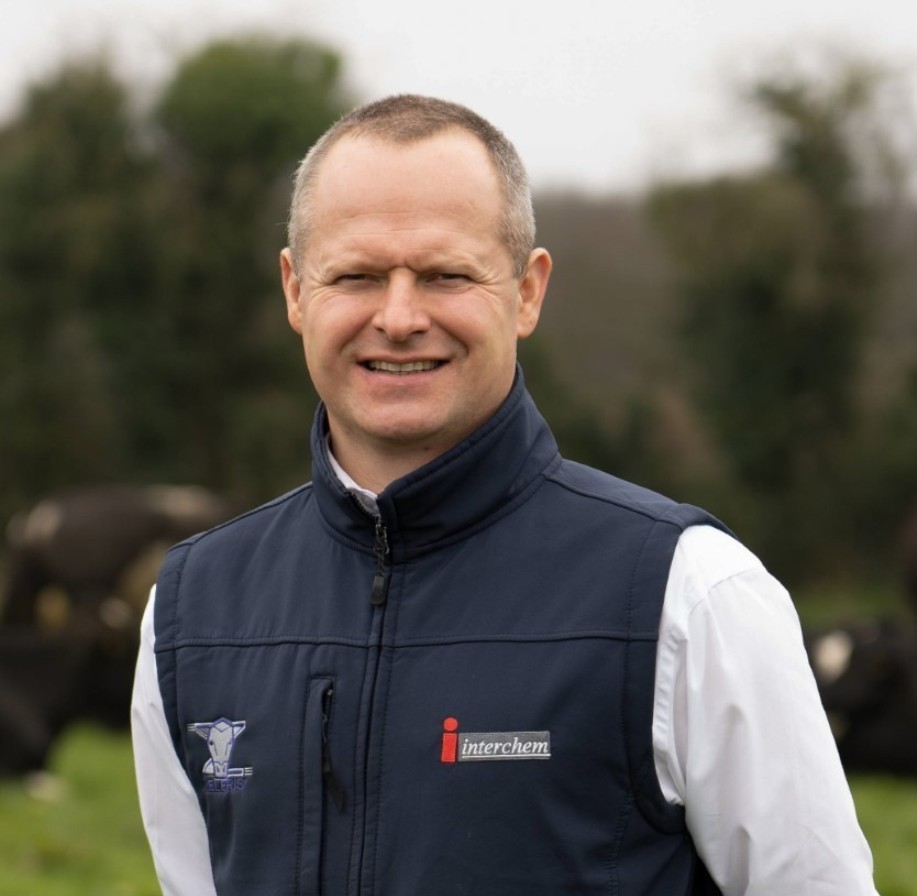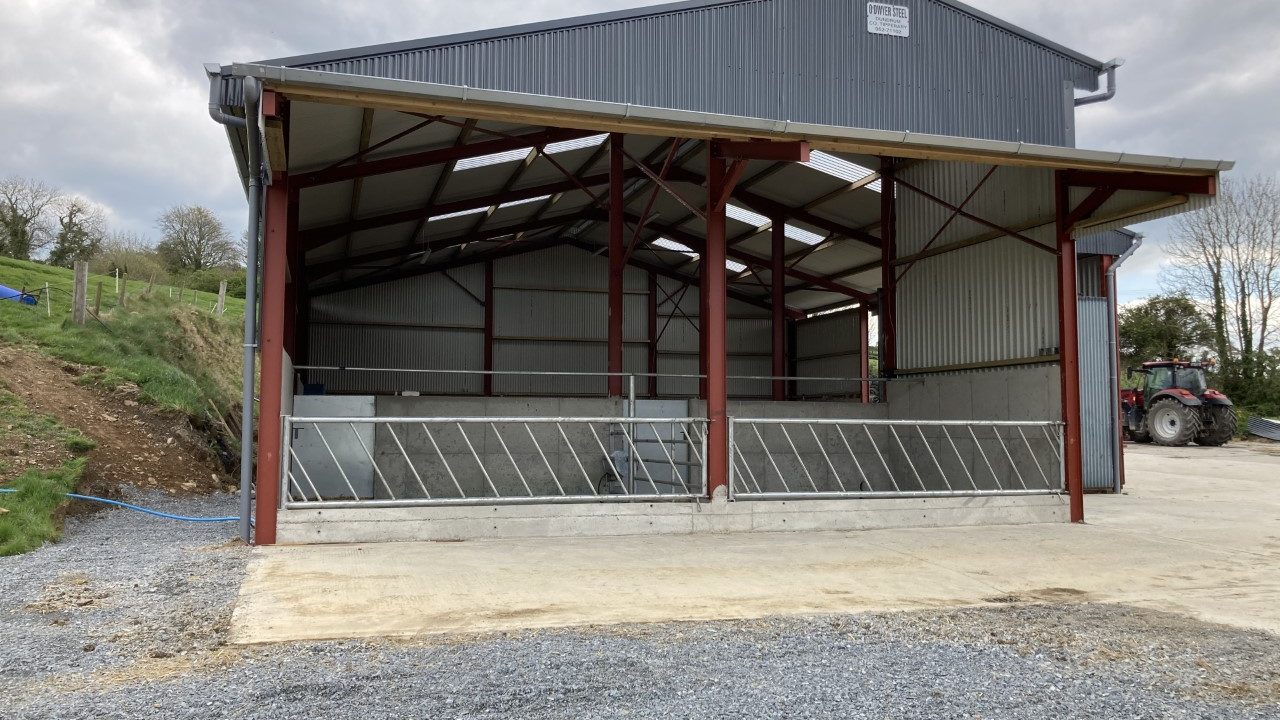With temperatures due to hit 18° over the coming days, and the muggy conditions also set to continue, farmers are being strongly advised not to house cattle this week.
“I know that ground conditions have softened up considerably on the back of the recent rain, and grass supplies are starting to run down on many farms,” confirmed Interchem’s large animal business manager, Paul Kennedy.
Why not house cattle?
“But given current weather conditions, housing cattle over the coming days will, almost certainly, predispose them to pneumonia if they are not handled carefully,” Kennedy added.
“In the meantime, farmers should keep cattle out and, if at all possible, give them access to as much of the grassland area as possible, in order to minimise poaching.”

Grass conditions
The Interchem representative continued: “For the most part, cattle are in tremendous condition at the present time. Grass supplies have been excellent throughout most of the 2021 grazing season. Parasite burdens are also pretty low right now.
“Cattle can be safely housed once weather conditions have cooled down, and ensuring that good ventilation is available in sheds without overcrowding animals.”
Kennedy went to confirm that farmers should actively seek to identify those worm burdens that are actually impacting on their cattle at the present time.
He explained: “This can be achieved through the analysis of dung, milk and lung wash samples. A range of diagnostics options are available, all of which can be assessed by the farmer, in tandem with his or her veterinarian.
“This approach allows herd owners to specifically target the worm burdens that are actually impacting on their cattle. The end result is a more efficient use of drugs.”
Liver fluke and medicines
Where liver fluke is concerned, Kennedy advises that cattle should be treated around two to three weeks after housing. This approach ensures the most effective use of whatever flukicide is used.
Looking ahead, Kennedy added that major change is coming with regard to the future use of medicines on Irish farms.
He said: “These changes kick in at the end of January 2022, and will impact on the availability and variety of antibiotics and anthelmintics available for use on farms.
“There will also be an increased requirement for a veterinary prescription when anthelmintics are used on farm.
“In relative terms, the use of antibiotics within Irish agriculture is low, but change is coming and this will impact significantly on dairy farms, where the future use of dry cow antibiotic tubes is concerned.”
Kennedy explained that, in future, Irish dairy farmers will be expected to adopt selective dry cow management protocols, when it comes to drying off cows.
He said: “Making this work will require dairy farmers to milk record their herds on a regular basis, there is excellent support available from Animal Health Ireland [AHI] to assist farmers on this.
“The bottom line is that there is fundamental change coming in the way that medicines are used and administered to all farm animals.
“And it is imperative that farmers get all the advice they need on these matters from their own veterinary surgeons,” he concluded.
